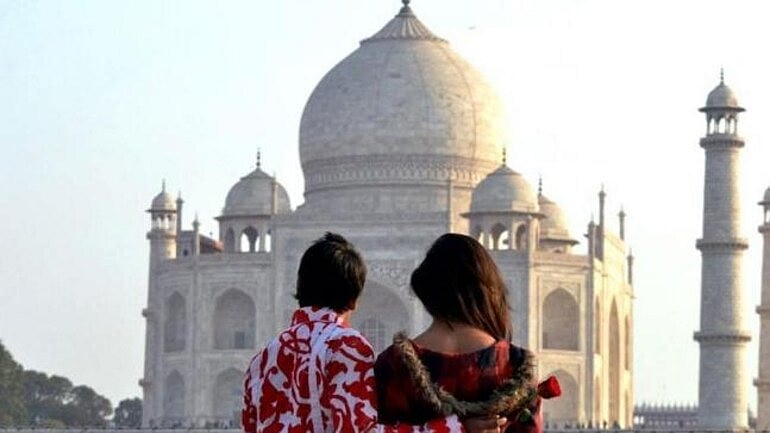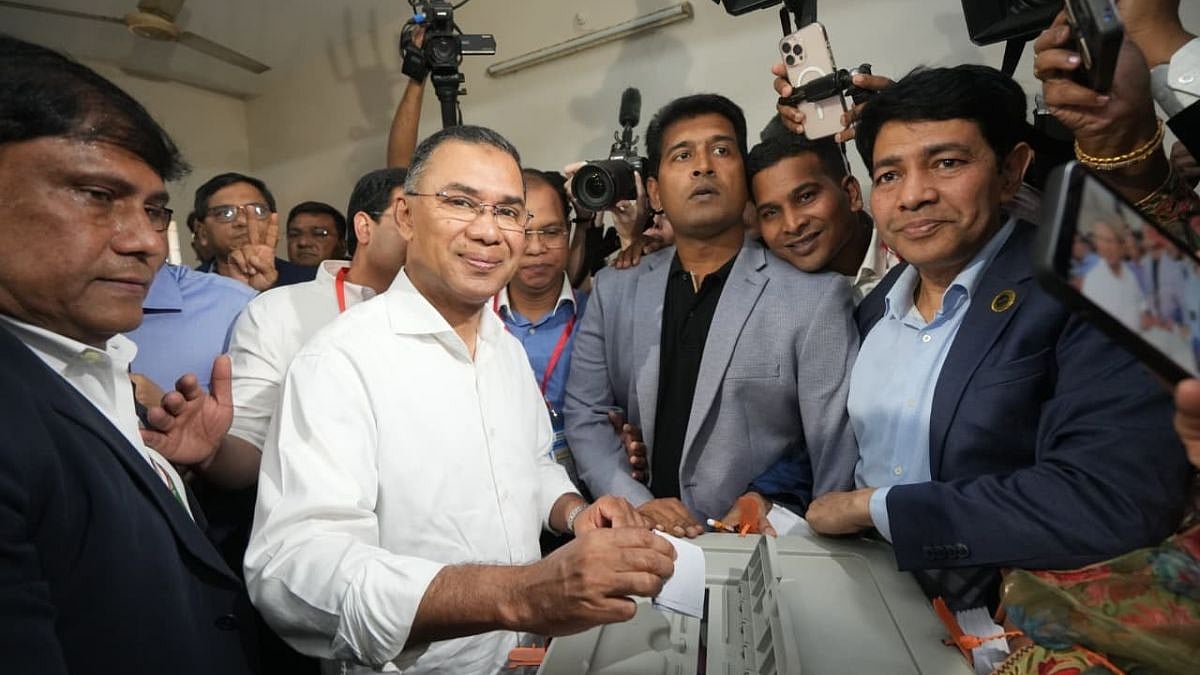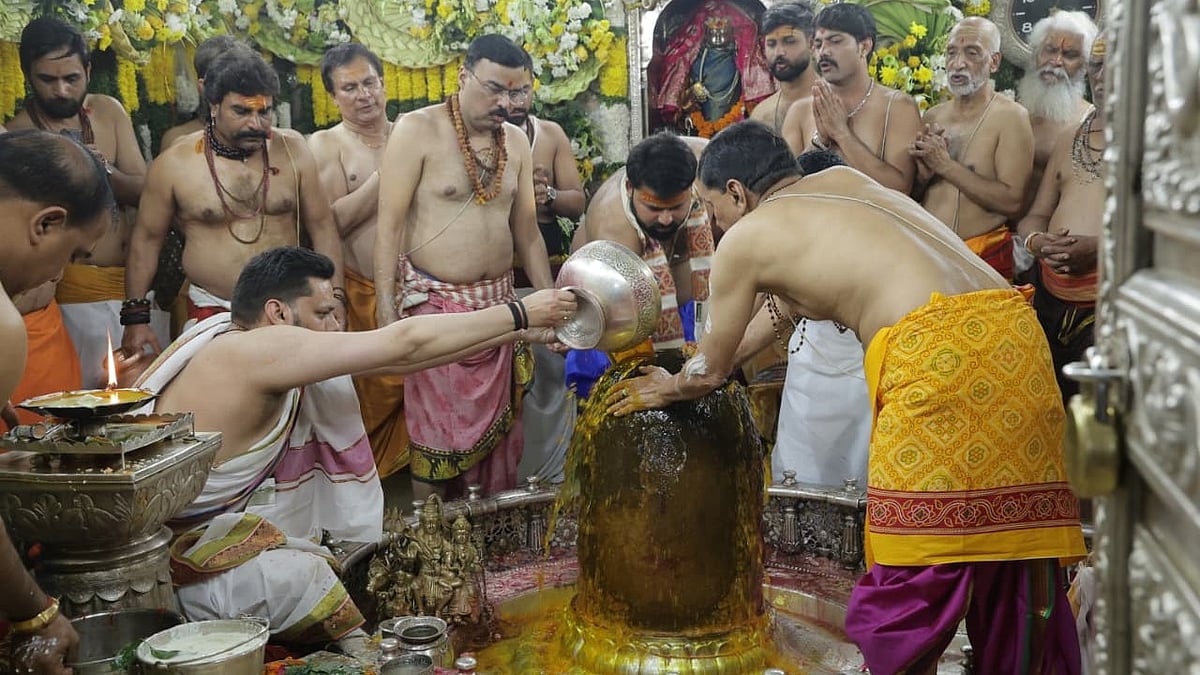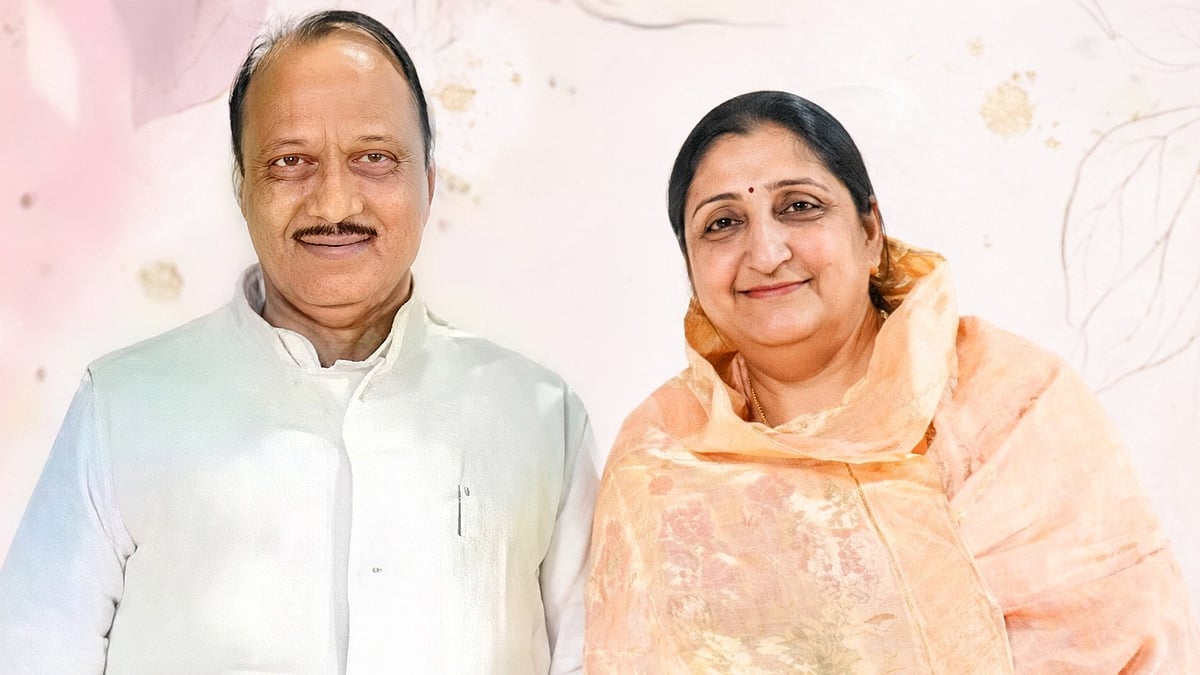Religion, food and marriage are strictly left to the individual choice of each citizen. The duty of the state is to govern but not encroach on the privacy of citizens which is guaranteed under Article 21 of the Constitution. It is this very same article which guarantees every citizen the right to marry anybody of their choice after attaining the age of majority; just as the restrictions of public order, health and morality afford an umbrella for the state to enact laws against love jihad, thereby making a charade of the fundamental right to freely practise, profess and propagate any religion of his or her choice.
This is why the controversial laws against 'love jihad' being mulled by the states of Uttar Pradesh, Madhya Pradesh, Assam, Karnataka and Haryana confute the reply of the Union Government in Parliament during February that the very words 'love jihad' were neither found in any existing law nor in the Constitution. Nor had any Central agency reported any case of 'love jihad' to the Union Government, according to Union Minister of State for Home G Kishan Reddy, in a reply to a written question in Parliament.
The first chief minister to declare he would enact a law to stop the so-called 'love jihad' was the celibate Yogi Adityanath, who cited the September 2020 judgment of the Allahabad high court, which held that conversions only for the sake of marriage were not valid. This reasoning of the Allahabad high court is questionable because the Special Marriage Act, 1954, was enacted to allow Indian citizens to marry irrespective of religion. The Indian Penal Code has sufficient provisions to punish forced conversions.
Ironically, the case before the Allahabad high court involved a Muslim woman who had converted to Hinduism to marry a Hindu. The validity of her conversion was not the issue before the court. The court relied on similar observations it had made in 2014, where too, the plea had only been for protection from parents after an inter-religious marriage.
In November 2017, the Uttarakhand high court dealt with the case of a Muslim man converting to Hinduism to marry a Hindu girl. The girl’s father affirmed before the court that the man continued to practise Islam despite converting to Hinduism. Before the conversion could be verified, the girl told the court she chose to return to her father despite having voluntarily married.
Disposing of the petition, Justice Rajiv Sharma called such conversions a ‘sham’ and suggested the Uttarakhand legislature enact a law to prevent such fraudulent conversions using marriage as a tool. But stray cases do not prove a trend, which is what the laws against 'love jihad' in the four BJP-ruled states seem to suggest. Justice Sharma retired from the Punjab and Haryana high court in October.
The Uttarakhand Freedom of Religion Act, 2018, became the first anti-conversion law to equate 'marriage' with other fraudulent means of conversion. The provisions of the Uttarakhand Act declare marriages solemnised 'solely for the purpose of conversion' as null and void. This violates the individual’s right to marry a person irrespective of religion. For love, like truth and justice is irreligious.
How can a marriage be proven to have been solemnised for conversion? Section 8 of the Act mandates one month’s advance notice to be given to a magistrate before any conversion can take place. The district magistrate must use the police to probe about the 'real intention, purpose and cause' of the proposed conversion.
A month after the Uttarakhand high court’s suggestion, the Rajasthan high court laid down guidelines in December 2017 that would have the effect of law till the state enacted a law to deal with the problem of 'forcible conversions'. The state does have an Anti-Conversion Bill enacted by erstwhile Chief Minister Vasundhara Raje, but it has not yet become law.
The judges of the Rajasthan high court took serious note of arguments that teenagers were 'being made to convert' only for the sake of marriage. Observing there were certain religions where both spouses had to be of the same religion, the court opined the constitutional right to freedom of religion needed to be protected by giving an advance notice to the district magistrate, who would promptly display the notice. Any marriage involving conversion could only take place at least one week after this notice.
The Allahabad, Uttarakhand and Rajasthan high courts made observations and issued guidelines on conversions undertaken only for the sake of marriage, apparently because in 2017, the Supreme Court had directed the National Investigative Agency (NIA) to probe allegations of conspiracy in the conversion of Hadiya.
Born a Hindu, Hadiya’s conversion to Islam and subsequent marriage to a Muslim were challenged by her father in the Kerala high court, which annulled her marriage. The Supreme Court finally set aside the annulment in 2018, but asked the NIA to continue probing her conversion. In 2012, the Himachal Pradesh high court struck down two provisions of the 2006 Himachal anti-conversion law, for violating Article 25, among other provisions of the fundamental rights in the Constitution.
These sections provided for one month’s advance notice to the district magistrate by the convertee, but no such notice if the convertee wanted to return to their original religion. The first clause violated the fundamental right to privacy, said Justices Deepak Gupta and Rajiv Sharma, and also put the convertee’s life in danger. The second clause violated the right to equality.
Nevertheless, in 2017 and 2018, the Rajasthan and Uttarakhand high courts stipulated that advance notice be given. And last year, the BJP government of Himachal Pradesh amended the state’s existing law to include marriage as a tool for fraudulent conversion. Madhya Pradesh Home Minister Narottam Mishra has said that a ‘Love Jihad Bill’, which will impose five years' rigorous imprisonment for ‘violators’, will soon be introduced in the state assembly.
Love, law, religion and politics make a deadly cocktail.
Olav Albuquerque holds a PhD in law and is a senior journalist-cum-lawyer of the Bombay high court.









